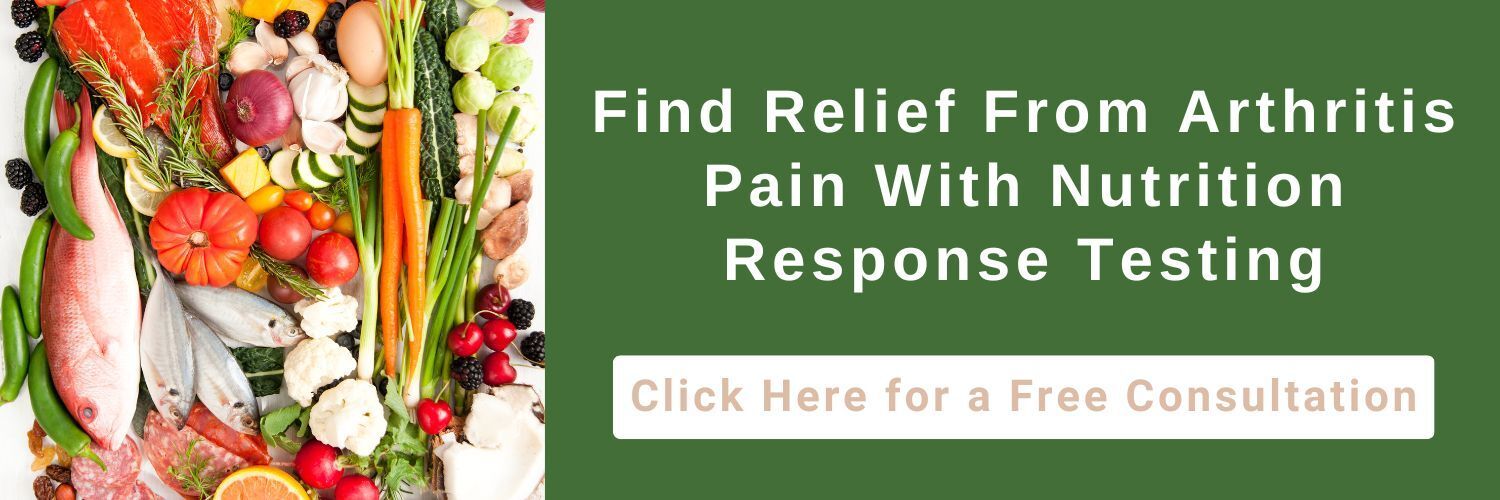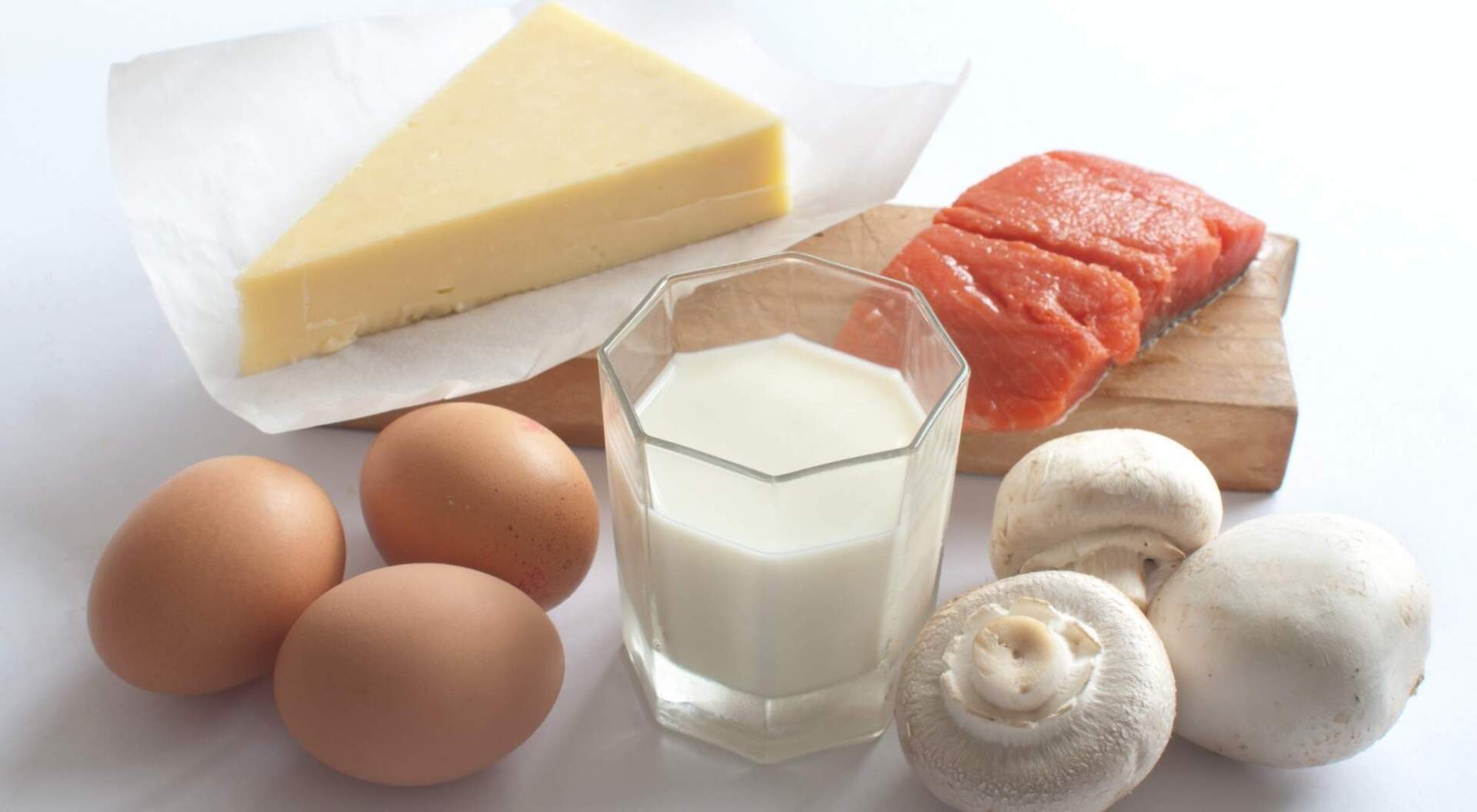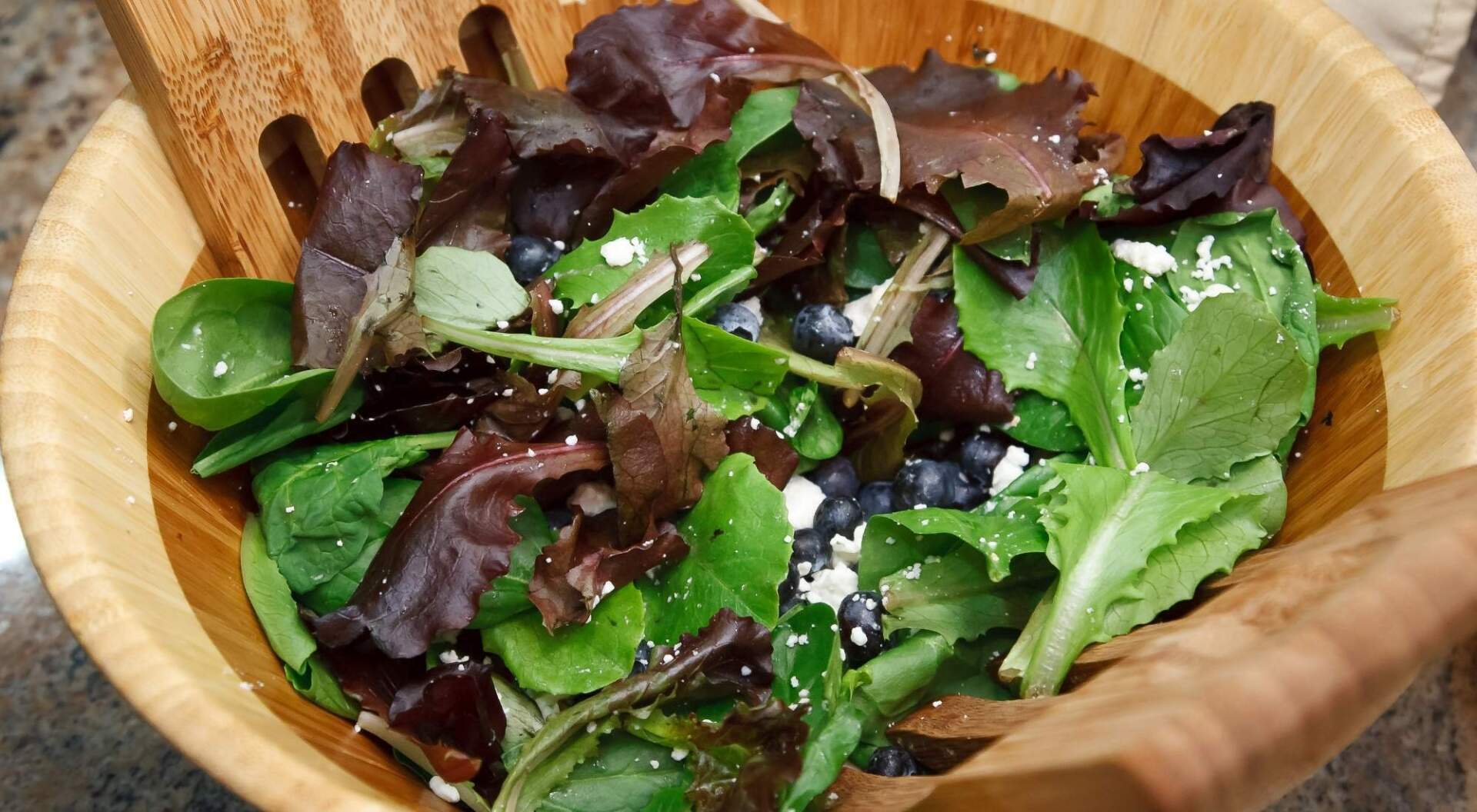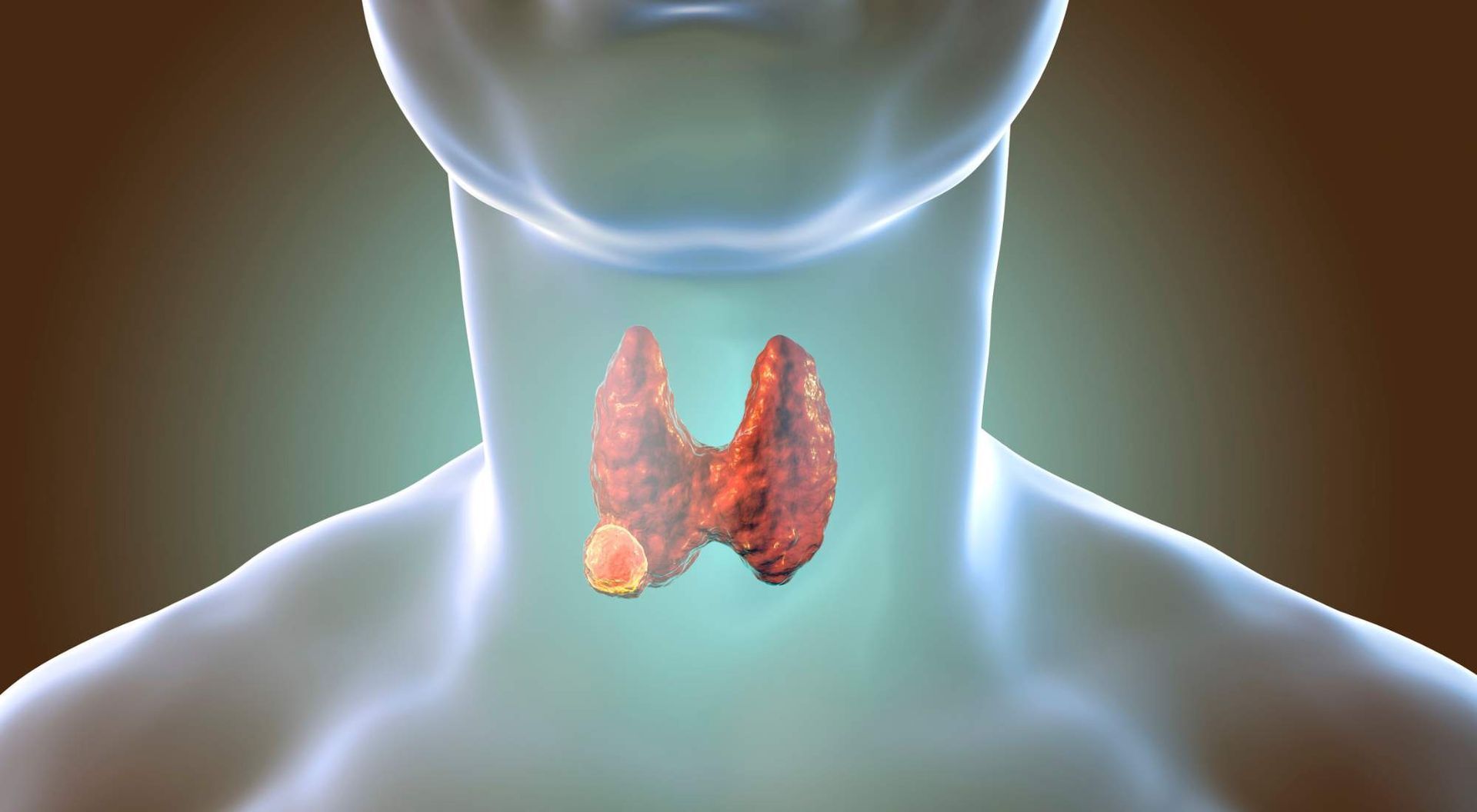Can Diet Contribute to Arthritic Pain & Discomfort? 7 Superfoods for Arthritis Management
"The content below is not intended to be a substitute for professional medical advice, diagnosis, or treatment. Always seek the advice of your physician or other qualified health provider with any questions you may have regarding a medical condition."
Arthritis affects just under a quarter of the US population.
Are you one of the millions of people who suffer from arthritic pain?
If so, it probably doesn’t only affect you physically but also affects your ability to work and complete your daily activities.
Did you know that your diet can help manage your arthritic pain and discomfort?
Superfoods are things we eat with high-density nutrients, and many of them can help you manage arthritis pain.
Continue reading to learn more about
natural ways you can get the relief you desire while also learning about the foods you need to steer clear of on your health journey.
Table of Contents
Are There Really Foods That Help Arthritis Pain?
Foods that fight inflammation can help ease pain and stiff joints; these products are superfoods for arthritis.
There are more than 100 different arthritis conditions. They are all considered musculoskeletal disorders since they affect joints, bones, and muscles. Depending on the type, you will notice various symptoms.
Learning about which foods fight inflammation and ease pain can help you live more comfortably. Let’s first focus on the nutrients and antioxidants that help combat arthritis symptoms.
We will look at the following:
- Omega-3 fatty acids
- Vitamin D
- Vitamin C
- Flavonoids
- Unsaturated fats
Once you understand how these nutrients and antioxidants may help alleviate arthritis aches, you will be eager to add them into your everyday life to see if you notice any shifts in your well-being.
5 Nutrients & Antioxidants That Can Help Fight Back Against Arthritis
Nutrients and antioxidants can help you gain an advantage over arthritis pain and joint discomfort.
Nutrients are chemical compounds that give energy and regulate processes in the body — enabling the body to function and grow.
Antioxidants are substances believed to prevent or delay different types of cell damage by protecting cells against free radicals. They inhibit oxidation.
If you are ready to learn all about which foods could help you feel better and improve your quality of life, contact HealthierU. We can advise you which superfoods will help most with your arthritis treatment.
We can also help you determine which foods are working for or against your body through Nutrition Response Testing. Schedule a free consultation today.
#1: Omega-3 Fatty Acids
Omega-3 fatty acids have been proven to have various positive effects on arthritis, such as:
- Reducing inflammation
- Protecting against cardiovascular disease
- Boosting brain function
- Aiding in protection against diabetes
#2: Vitamin D
Research shows that people with rheumatoid arthritis often lack vitamin D. Adding this vitamin into a health regimen at the time of diagnosis usually leads to better results for these patients.
A lack of vitamin D can cause:
- Chronic aches and pain, similar to rheumatoid arthritis symptoms
- Depression
- Brittle bones
- Extra weakness and fatigue
- Abnormal sweating
#3: Vitamin C
Vitamin C is an antioxidant that works on deactivating free radicals, which can increase inflammation in your body. Vitamin C also helps fight infection because it can control inflammation known to trigger flare-ups.
Additionally, it is a good idea to increase your vitamin C intake because it can help protect against cartilage damage — it plays a vital role in collagen synthesis — and reduce pain.
Vitamin C also seems to help regulate the autoimmune response in rheumatoid arthritis to
work on lessening the condition's progression.
#4: Flavonoids
Studies report that dietary flavonoids manage joint inflammation and reduce arthritis symptoms since they have anti-inflammatory effects in human rheumatoid arthritis and animals.
Flavonoid treatments were also shown to ease pain and have antioxidant and analgesic effects.
#5: Unsaturated Fats
Unsaturated fats are healthy fats because they can:
- Reduce inflammation
- Improve cholesterol levels; and
- Stabilize your heartbeat
Since unsaturated fats reduce the inflammation in your body, you may notice less swelling and pain usually associated with arthritis.
7 Superfoods for Arthritis Pain and Discomfort
It is time to make a shopping
list of superfoods for arthritis. Here are our top recommendations for eating things to help ease your arthritis symptoms.
#1: Healthy Fish
Fish can be a good source of vitamin D, which can help prevent deficiency. Rheumatoid arthritis may be associated with low vitamin D levels, which could intensify symptoms.
Omega-3 fatty acids and vitamin D are high in these types of fish:
- Mackerel
- Tuna
- Trout
- Salmon
- Sardines
Eating fish twice a week can help keep your arthritis-fighting diet on track.
#2: Cherries
The tart or sour cherry can attack gout, and Bing cherries can help reduce inflammation seen through the reduction in the C-Reactive Protein (CRP) biomarker. Researchers are studying this area further to get more conclusive results about the benefits of cherries when dealing with arthritis.
Cherries, along with other purple fruits like raspberries, strawberries, blueberries, and blackberries, contain anthocyanins which can reduce inflammation. Eat them fresh or frozen, or enjoy some tart no added sugar cherry juice.
As a bonus, cherries are also a good source of vitamins A, C, and E.
#3: Low-Fat Dairy Products
Milk can protect your joints and strengthen your bones. One study showed that women who drank milk lessened the gap in their joint space, which meant their osteoarthritis was not worsening.
These dairy products are high in calcium and vitamin D, which help increase bone strength.
- Milk
- Yogurt
- Cheese
Vitamin D helps your body absorb calcium.
#4: Garlic
Garlic is reported to be one of the top natural medicines to combat osteoarthritis symptoms because of its sulfur compounds. These sulfur compounds can exert anti-inflammatory and anti-arthritic properties.
Garlic can help reduce the risk of osteoarthritis and result in less overall pain.
#5: Olive Oil
A study found that topical extra virgin olive oil can effectively control arthritis flare-ups. Olive oil contains unsaturated fats, which subdue bodily inflammation.
Olive oil:
- Is better for your heart than other oils.
- Can decrease inflammation.
- Has oleocanthal which can ease pain.
#6: Leafy Greens
Leafy greens like spinach and kale are full of nutrients that may be able to help decrease inflammation caused by arthritis. Several studies have found that a higher intake of fruits and vegetables is linked to lower levels of inflammation.
Leafy greens veggies contain:
- Folate
- Vitamin C
- Vitamin A
- Calcium
Note that if you are on blood thinners, you should ask a specialist about what your intake of this type of food should be.
Foods high in vitamin K can counteract the effects of the medication.
#7: Avocados
Avocados are a good source of vitamin E, a micronutrient with anti-inflammatory effects. They are known as being one of the good fats.
Diets high in these compounds are linked to decreased risk of joint damage in early osteoarthritis.
What Foods Should I Avoid if I Have Arthritis?
Knowing which foods to avoid when combating inflammation and other arthritis symptoms is vital for your well-being. Changing your diet can improve your quality of life.
Here are some foods that can provoke arthritis symptoms.
- Sugar
- High glycemic index foods
- Alcohol
- Processed meats
- Foods with high sources of sodium
Connecting to your body’s needs can help you live more comfortably. Since your body knows what’s wrong with it, you can utilize the knowledge you inherently have. Learn more about what Nutrition Response Testing is today. This testing can help you understand which foods you should stay away from.
Let’s look at the foods to avoid for more understanding of how they negatively impact arthritis symptoms.
#1: Sugar
Studies proved that cytokines are connected with increased inflammation in the body. Since people with arthritis already have high levels of cytokines, it is advisable to pay attention to these levels.
Excess sugar in your diet can also create more cytokines, further aggravating your symptoms. Research is linked to inflammatory markers decreasing in your blood when you consume less sugar, allowing you to feel better.
If avoiding sugar may reduce inflammation in your joints, isn’t it worth trying?
#2: High Glycemic Index Foods
A diet filled with high glycemic index foods causes elevated insulin and blood glucose levels. Since these foods are digested rapidly, they cause changes in blood sugar.
The following are examples of high glycemic index foods:
- White bread
- Potatoes
- White rice
- Sugary soft drinks
- Sugar and sweet treats
These refined carbohydrates can end up staying in your body if not converted into energy which leads to inflammation and weight gain.
#3: Alcohol
Drinking alcohol means increasing sugar and calorie intake. Alcohol can cause you to gain weight and increase body fat, worsening your arthritis symptoms.
Additionally, consuming alcohol can increase inflammation in patients with osteoarthritis and rheumatoid arthritis. Since alcohol also affects immune function, it can get in the way of routine joint healing.
On the other hand, research shows that alcohol, like red wine, may have an anti-inflammatory response due to its antioxidants. Five ounces of red wine a day may bolster joint health. Just be sure not to overdo it.
#4: Processed Meats
Studies show a correlation between eating processed meats and RA. As a rule, highly processed food should be avoided as its ingredients can lead to inflammation. This type of diet also can increase your resistance to insulin and cause you to gain weight.
The additives in this type of food contain a lot of salt, sugar, and fat. Nothing can replace the value of fresh, real food; therefore, it’s best to focus on
a whole-food diet.
#5: Foods High in Sodium
High amounts of sodium in your diet can lead to autoimmune diseases like RA. So it makes sense that limiting salt intake can help treat inflammatory arthritis.
Another benefit of reducing sodium intake is that less salt may reduce bone calcium loss. Stronger bones mean less chance of fractures, and the presence of calcium may help you maintain a healthy weight.
HeathierU: Helping You Fight Arthritic Inflammation in Your Body With the Right Diet
When it comes to arthritis, knowing which foods to eat no longer needs to be a mystery. With the help of HealthierU, you can now learn how to combat arthritic pain and discomfort with your diet.
With Nutrition Response Testing at HealthierU, you can finally understand the cause of many of your symptoms and address them without traditional medication.
I offer this testing throughout the Brooklyn, NY, area and am a specialist in women’s health, wellness, and nutrition. Not only can HealthierU come up with a plan of superfoods to implement into your daily life, but I can also assist in reducing many other symptoms from various diseases.
Are you ready to permanently alleviate your health-related symptoms using natural remedies? Now is the time to get answers.
Let’s analyze your body to figure out the underlying causes of your symptoms today.






